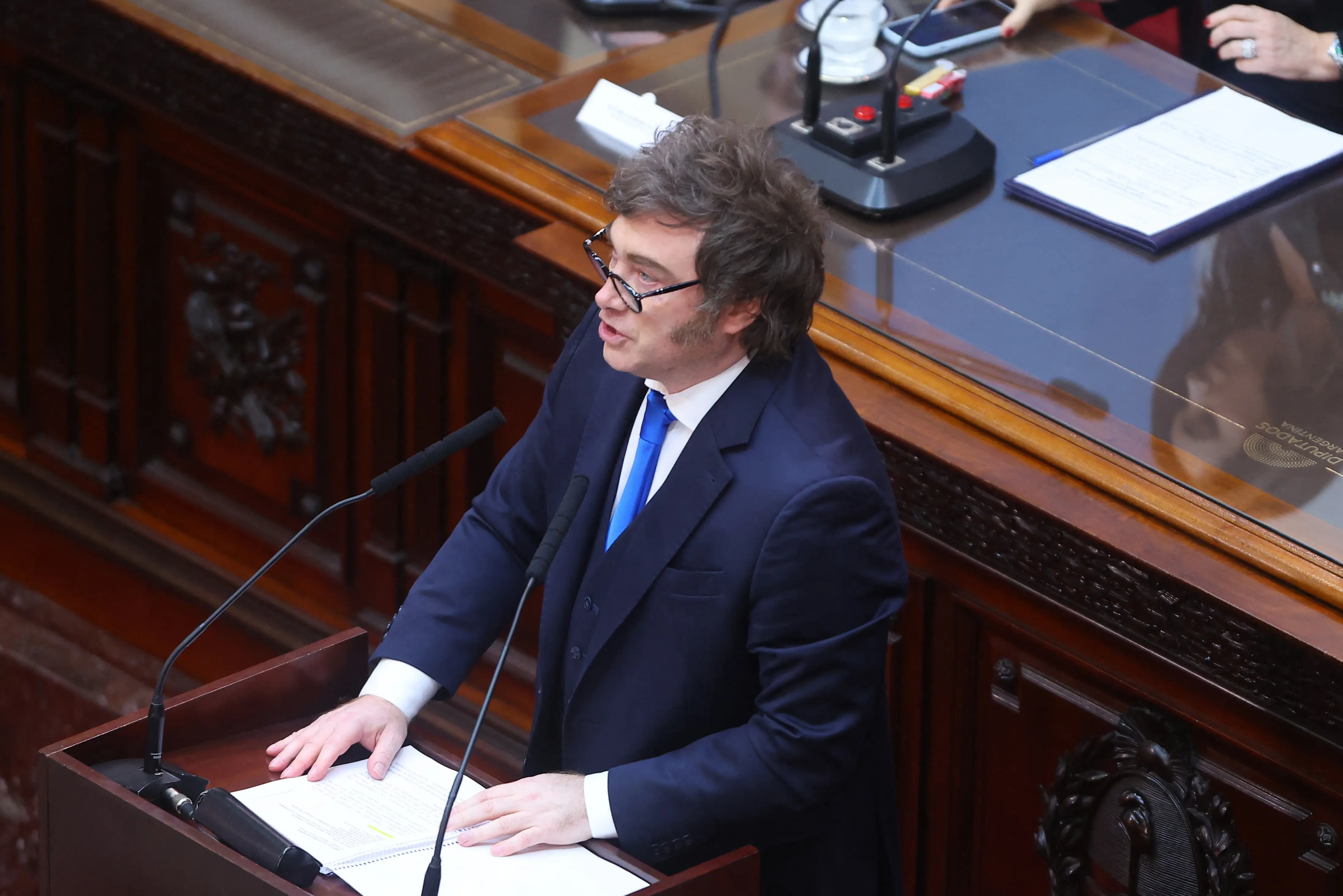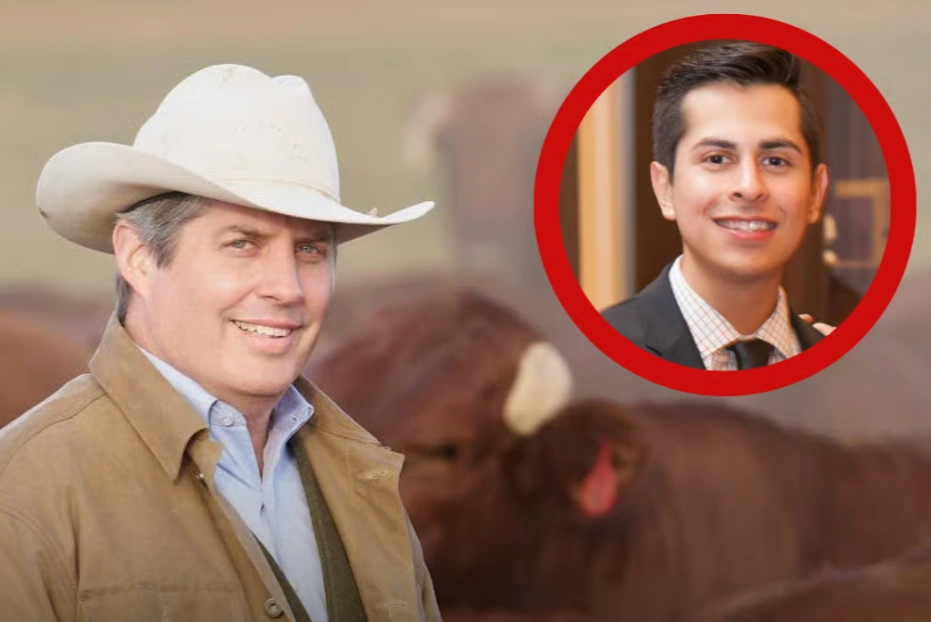
The national government launches 'Operación Julio Argentino Roca'
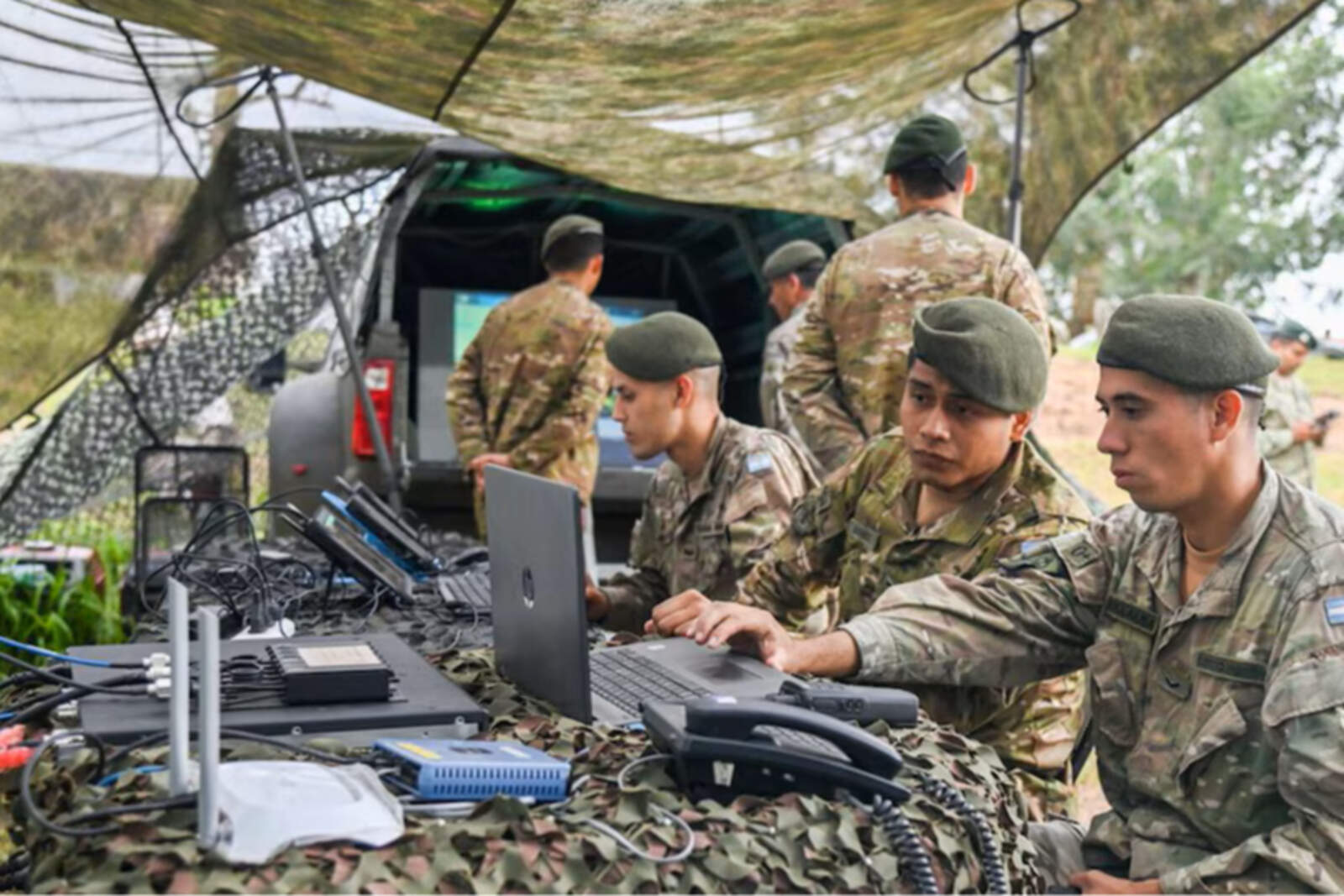

porEditorial Team
Argentina
In addition to Bullrich's 'Plan Güemes,' more than 10,000 Petri officers reinforce security at the northern borders
The Government of Javier Milei, through the Ministry of Defense led by Luis Petri, has formally activated Operation "Julio Argentino Roca", an ambitious and rigorous military operation that deploys more than 10,000 Armed Forces personnel in rural areas and remote regions of northern and northeastern Argentina. The operation aims to regain territorial control, gather strategic intelligence, and strengthen national defense in areas historically affected by organized crime and drug trafficking. The decision was supported by Decree 1112/2024 and the National Defense Law, within the framework of a new security paradigm promoted by the libertarian government. The initiative includes up to 1,300 permanently deployed military personnel, equipped with state-of-the-art drones, mobile radars, helicopters, tactical communications, and a Diamond aircraft for reconnaissance and surveillance tasks. [IMAGE]{977178}[/IMAGE] The personnel involved were trained under strict Rules of Engagement and received new individual protection equipment, ensuring effective and proportional action on the ground. The deployment will be dynamic, adapting to the different operational realities of the northern border, especially in the province of Salta, where it will be synergistically integrated into the Plan Güemes, led by the Ministry of Security. Last Friday, at the National Gendarmerie Squadron 52 in Tartagal, the Minister of Security, Patricia Bullrich, presented the new phase of Plan Güemes. The official clearly stated the government's objectives: "Many residents live in fear or coexist with criminals. We have identified each of the gangs operating in this area, and we will dismantle them one by one." As part of this relentless offensive, Orán and Aguas Blancas were declared special investigation zones under the Anti-Mafia Law, a measure that will allow federal and provincial judges to use exceptional judicial tools to dismantle criminal networks. "Not a single inch of Argentine soil can be under the control of criminal gangs. We will liberate every corner taken by drug trafficking and restore legality to the people," emphasized Bullrich. The security plan also incorporates the towns of Tartagal, Aguaray, and Salvador Mazza, expanding its territorial reach in a comprehensive scheme that reinforces national sovereignty. The minister recalled that this state policy arises in response to the alarming levels of violence recorded in 2023, a year in which seven contract killings were counted in Orán and Aguas Blancas. [IMAGE]{977163}[/IMAGE] "The Argentine state must be the solution to the problem and not part of the problem. That is what marks a true change of era," Bullrich declared to the ovation of authorities and active forces in northern Salta. Meanwhile, the government is advancing in a bilateral agreement with Bolivia to establish a joint airspace surveillance system, which will allow intercepting illegal flights in real-time. "With cooperation, technology, and political determination, we will regain full control of our borders," stated Bullrich. This understanding is part of a renewed diplomatic push aimed at strengthening the regional fight against transnational crime. In the minister's words, northern Argentina will no longer be a no man's land: "We are going zone by zone. We are going all the way. We want a safe country where every Argentine lives without fear." The official event was attended by the Minister of Justice and Security of Salta, Gaspar Solá Usandivaras, along with the mayors of Tartagal, Franco Hernández Berni; of Mosconi, Ana Guerrero Pala; of Aguaray, Guillermo Alemán; and of Salvador Mazza, Gustavo Subuelza, as well as representatives of all state forces and entities.
Noticias relacionadas


The Government will modify the labor regime for prisoners: no bonus or holidays
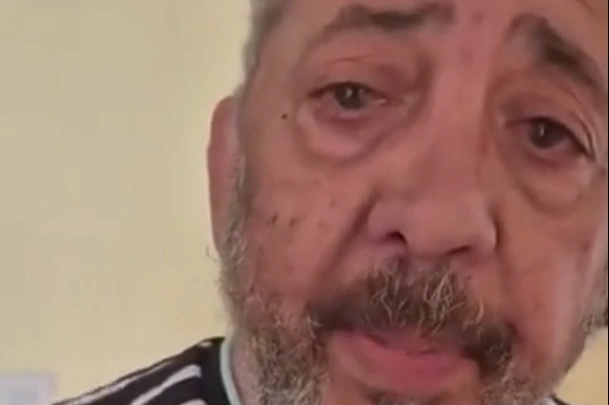
Luis d'Elia warned of an Iranian attack in Argentina
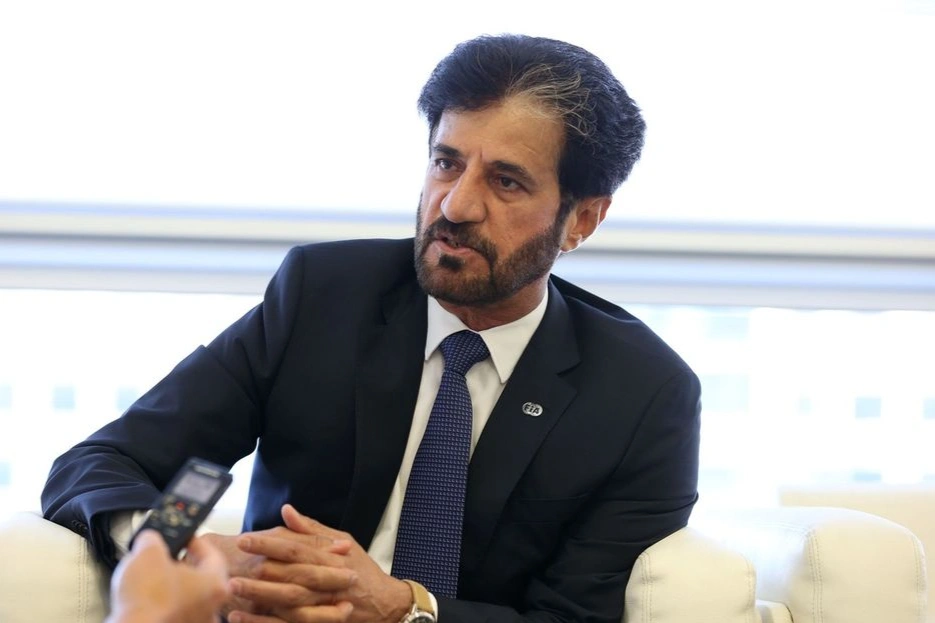
The FIA's stance on conflicts in the Middle East: 'Safety and well-being will guide our decisions'

Atento Colapinto: Formula 1 will implement an important regulatory change that impacts racing in the rain
